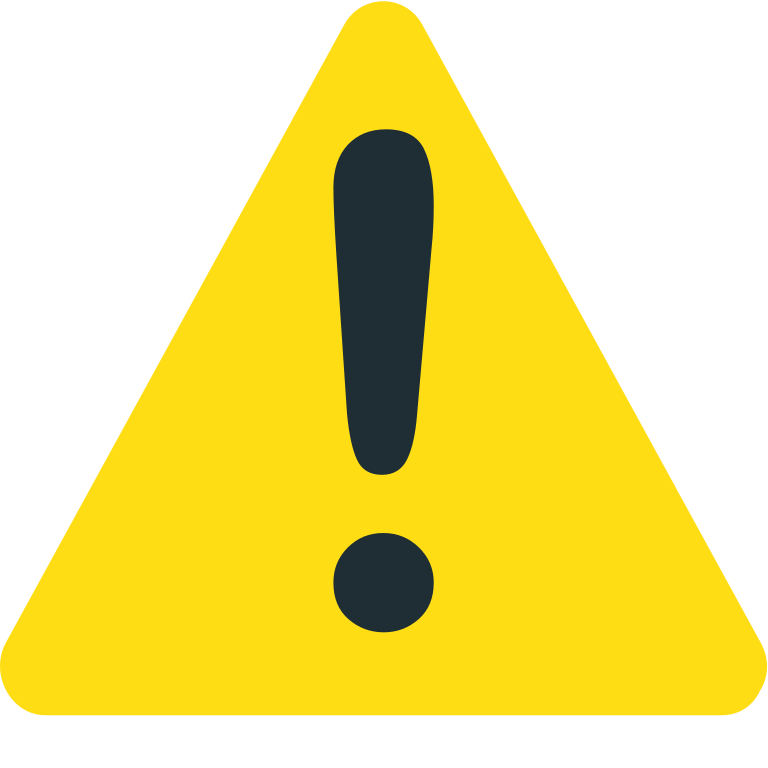“There’s a lot more to communications than just pushing the button and talking, just like there’s a lot more to shooting than just pulling the trigger. …if your comms fail during SHTF you can bet it’ll be because of something stupid like someone accidentally hit the the lock button on their radio and they don’t have a clue what’s wrong or how to fix it.”
The number one reason a radio check fails is there is no one at the other station even listening to you. Number two reason is the other station doesn’t even have their antenna plugged in. It’s wildly frustrating.
That’s why in my prepper community, I encourage regular use and practice. Not just with comms but with other aspects like security, food preps and storage, water purification, etc.
And also having a community in the first place would be helpful, whether they are your amateur club, fellow preppers or even your own family members who are into having the ability to communicate when the grid goes down.
In prepping, our toools are not just stuff to be stored and forgotten only to be brought out when SHTF. They need to be used and skills need to be sharpened.
How do you feel about joining organizations like MARS?
While I have an FCC license, I am currently located outside of the country, so I don’t think it would be of any advantage to me. In terms of emergency and disaster communications, though, I believe a structured approach can yield better results if the aim is to use amateur radio (or MARS) to augment mainstream communications during disasters or incidents.

